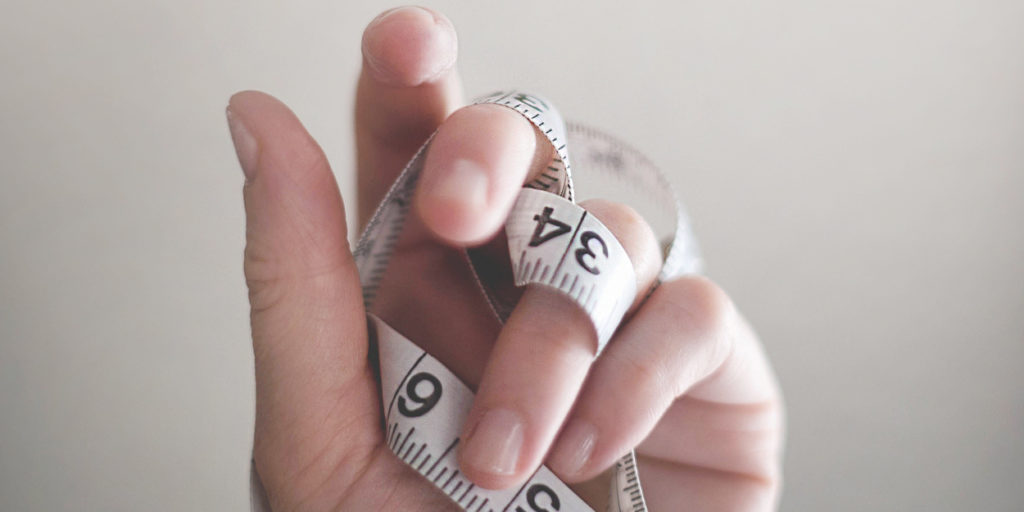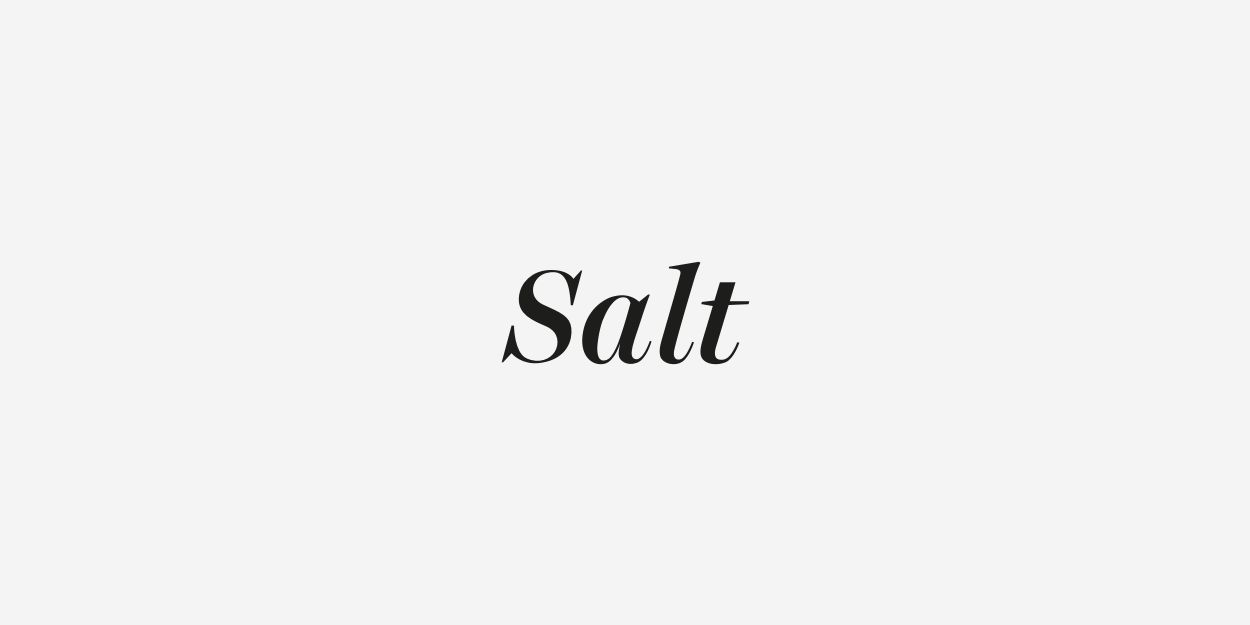In August Weight Watchers launched an app called Kurbo, designed for 8-17-year olds wanting to watch their weight. It’s a calorie-counting app with a traffic light system allotted to food items, to ‘help’ kids monitor what they feed themselves and develop ‘clean eating’ habits.
The app has caused widespread controversy and has been met with both massive kickback from the anti-diet movement for its potential to promote unhealthy body standards and disordered eating behaviours, and praise for creating a tool that could help children struggling with their weight.
The traffic-light system used by the app endorses the idea that foods can be ranked. Developed by Dr. Leonard Epstein, it was ‘a key component in his ground-breaking research on effective childhood weight management programs’, according to Weight Watchers.
The language of food
The idea of making kids rate the food they eat may seem horrifying to some, but the concept of a ‘food hierarchy’ is not specific to this app. In fact, it’s something we all do – be it consciously or not – through the language we use around food.
I’ve previously written about my personal battle with an eating disorder. Due to my experience, I have a heightened sensitivity to the language we use around food, because I have seen first-hand how detrimental it can be.
I work in a café, so I get to observe all sorts of eating habits and food opinions from colleagues and customers alike.
One lady told me she wanted to be ‘really good and eat clean.’ As a stickler for language, the idea of ‘clean’ eating conjured up images of her chowing down a tube of toothpaste.
Not only do we talk of food in terms of its purity, but the language we use around food has further evolved into a vocabulary of morality. Some foods are ‘good’, some are ‘super’, some are ‘bad’ and some are like ‘cheating’. Somehow the diet culture has created a hierarchy of foods.
But unless you stole the cookie, logically it is not bad. Yet these puritanical ways of categorising food have seeped their way into our world.
To various degrees, food has become a way of affirming ourselves, purging the bad, and seeking to elevate ourselves.
In my own life, this proved extremely destructive. This kind of behaviour has the potential to cause you shame and even disgust at yourself. This is not just true of those diagnosed with eating disorders, there are few amongst us who have not been affected in some way by disordered eating and the shaping of ‘clean eating’ diet culture in our interactions around food.
A growing obsession
No longer are we simply grateful for food, nor do we take it at the basic level of ‘man need food, man eat.’ Rather than simply letting food be one aspect of our life, for many food is what life revolves around.
We have become overly concerned with what enters our mouths and bodies, and are constantly being told there are superior ways of feeding oneself – be it Vegan, Paleo or Keto.
My issue with this is that we put an inordinate amount of thought into each meal – so much so that it starts to dominate our lives. With each mouthful, there is a moment of internal judgement as to where we sit on the scale of being ‘good’ in that moment.
The tragedy is that food is ultimately meant to give us energy with which to enjoy our lives. It’s something that should be joyful, but instead it becomes an obsession which affects our moods – it decreases our joy, energy, social capacity and it makes us selfish.
In many ways, this way of eating reminds me a lot of religion, with rules and standards that we have to obey, else we won’t be ‘good enough’ or able to attain a higher level of purity.
Clean eating to cleanse ourselves
As a Christian, I find it interesting to observe how people talk about food in religious terms, seeking to use it as a means by which to ‘cleanse’ ourselves.
But does food really have this power? Of course, good nutrition will vastly improve your quality of life, but it holds no power to change your heart. Being physically healthy does not elevate your human value, does it? The food you eat can nourish you, please you, and even make you ill, but it is not the answer to a heart’s yearning to be ‘good’.
As someone who has to fight against this pattern of thinking, I have found such freedom in knowing that it is not what I consume that matters, and that no way of eating can ever answer my heart’s desire to be cleansed. As a Christian, I have found Jesus’ words around food particularly helpful. In a passage in the gospels, he is talking about the religious laws at the time that labelled food as clean or unclean. He says, ‘What goes into someone’s mouth does not defile them, but what comes out of their mouth, that is what defiles them.‘
The point he was making is that cleansing ourselves is not something achieved by how we feed ourselves. Rather, the words that come out of our mouths are more indicative of our internal morality, for they reveal who we are and our core beliefs and convictions.
The freeing thing about Christianity is knowing that only God can purify us. We are not made clean because of what we eat, but through Jesus alone. This means we no longer have to beat ourselves up over the food we do or don’t eat, nor do we need calorie-counting apps and traffic light systems. We can be free to enjoy food in all its goodness, knowing that it never has the power to make us whole and meet our deepest longings to be made right with God.





